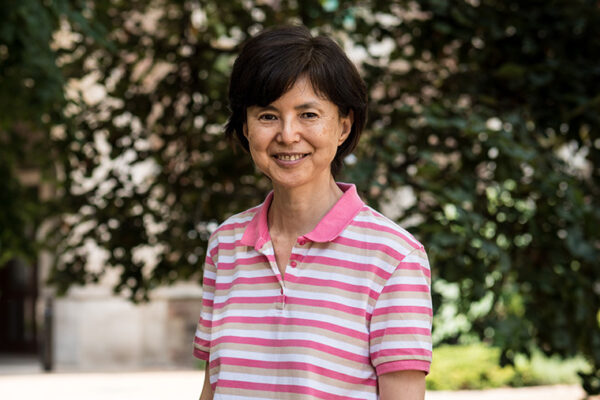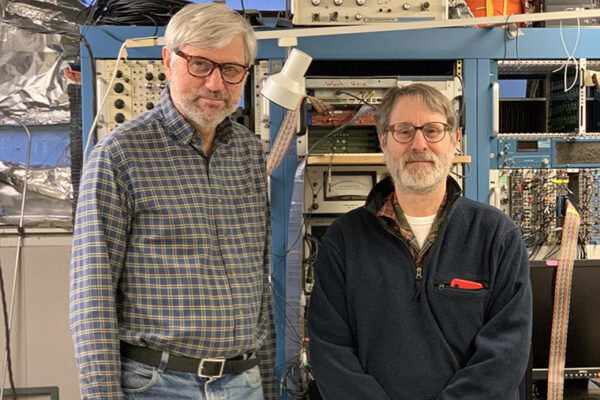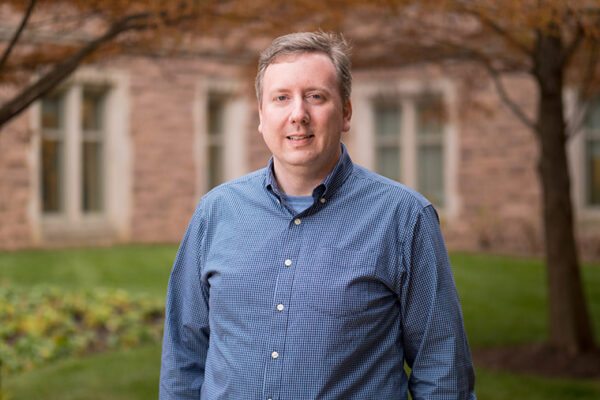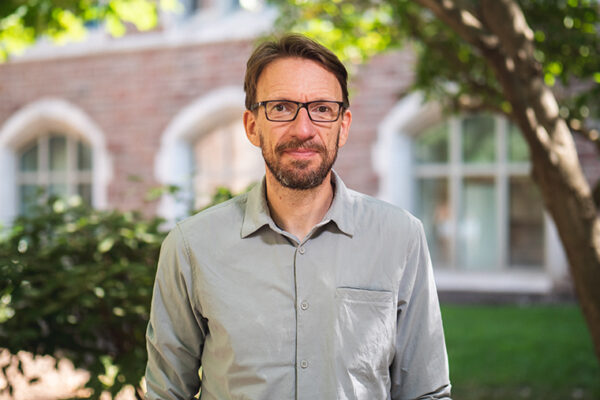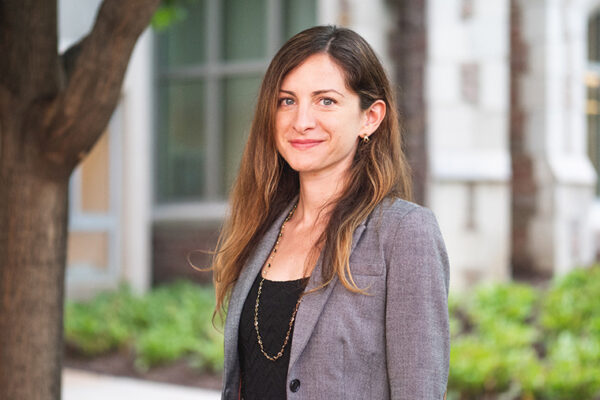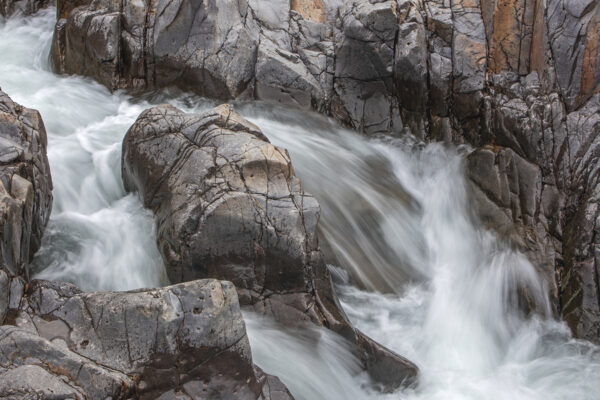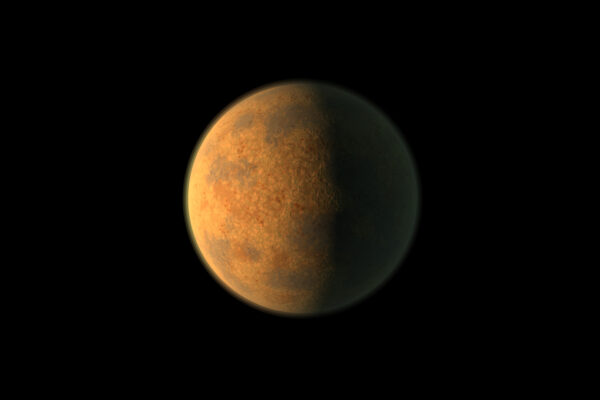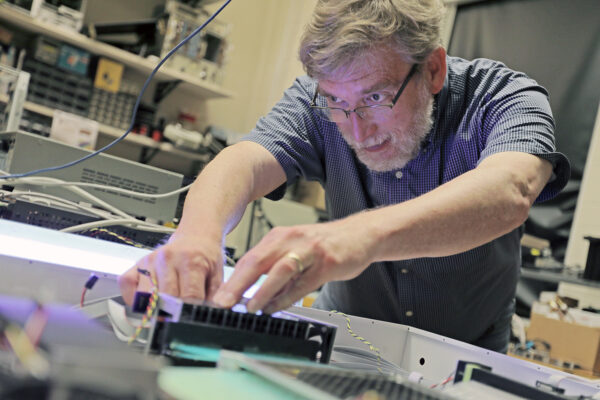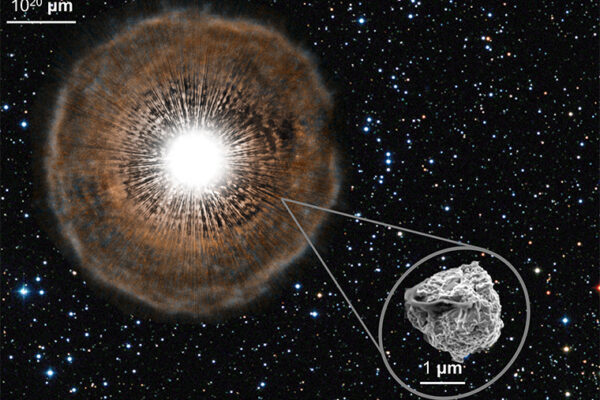Amari wins NASA grant
Sachiko Amari, research professor in the Department of Physics in Arts & Sciences, received a $973,810 award from NASA.
Scientists detect world’s lightest magnesium
A new isotope of magnesium — magnesium-18 — was discovered by a team that includes Robert Charity, research professor of chemistry, and Lee Sobotka, professor of chemistry and of physics, both in Arts & Sciences, as reported in the journal Physical Review Letters.
Catalano wins NSF grant
Jeffrey Catalano, professor of earth and planetary sciences in Arts & Sciences, won a $295,464 major research instrumentation grant from the National Science Foundation to acquire a laboratory-based X-ray absorption and emission spectroscopy instrument.
Krawczynski, Nagy receive NASA grant
Henric Krawczynski and Johanna Nagy, in the Department of Physics in Arts & Sciences, received a two-year $459,050 award from NASA to test an array of quantum sensors on a one-day balloon flight to launch from New Mexico in 2023.
Konecky to research the tropical high Andes
Bronwen Konecky, assistant professor of earth and planetary sciences in Arts & Sciences, won a $239,375 award from the National Science Foundation.
A river runs through it
Rock formations called shut-ins confine a section of a river, forcing water to flow between the steep walls of a canyon or gorge. Shut-ins are found in streams and rivers across the Ozarks. But some of the most outstanding shut-ins in the state are located at Johnson’s Shut-Ins State Park, where Washington University scientists are studying bedrock river erosion.
Krawczynski wins grant from Smithsonian Astrophysical Observatory
Henric Krawczynski in Arts & Sciences received a $41,255 award from the Smithsonian Astrophysical Observatory for quasar research.
Tread lightly: ‘Eggshell planets’ possible around other stars
Strange ‘eggshell planets’ are among the rich variety of exoplanets possible, according to a study from Washington University in St. Louis. These rocky worlds have an ultra-thin outer brittle layer and little to no topography. Such worlds are unlikely to have plate tectonics, raising questions as to their habitability. The research led by planetary geologist Paul Byrne in Arts & Sciences offers concrete ways that other scientists could identify such eggshell planets.
Buckley earns grant for astronomical monitoring
James H. Buckley, professor of physics in Arts & Sciences, received a $700,292 award from the National Science Foundation to upgrade a ground-based telescope array for gamma-ray astronomy.
Stellar fossils in meteorites point to distant stars
Nan Liu, research assistant professor of physics in Arts & Sciences, is first author of a new study in The Astrophysical Journal Letters that analyzes a diverse set of presolar grains with the goal of realizing their true stellar origins.
Older Stories
